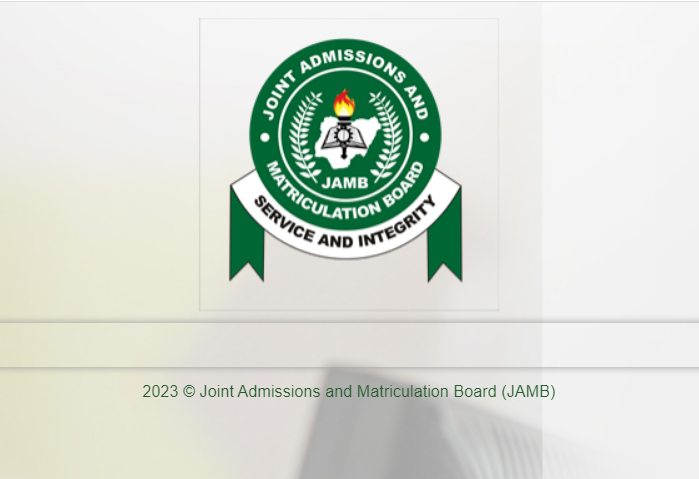Joint Admissions and Matriculation Board (JAMB): Ensuring Fairness in Nigeria’s Education System

Joint Admissions and Matriculation Board
The Joint Admissions and Matriculation Board (JAMB) plays a pivotal role in the Nigerian education system, particularly in the transition from secondary to tertiary education. This article delves into the functions, challenges, and recent developments surrounding JAMB, with a special focus on the concerns raised by the Academic Staff Union of Polytechnics (ASUP) regarding the extortion of admission seekers.
Also Read:- 2023 JAMB Result Checker: How to Check JAMB and Post UTME Results
The Role of JAMB in Nigeria’s Education Landscape
Established in 1978, JAMB is a Nigerian government-owned and operated agency charged with the responsibility of conducting entrance examinations for prospective undergraduates into Nigerian universities. The board also administers similar exams for applicants to polytechnics and colleges of education. The primary aim of JAMB is to ensure a uniform standard and to facilitate a smooth admission process.
Key Functions of JAMB
- Conducting the Unified Tertiary Matriculation Examination (UTME): This is the standardized test for admission into Nigerian tertiary institutions. It assesses candidates’ knowledge and aptitude in various subjects.
- Overseeing Direct Entry Admissions: JAMB also handles admissions for candidates seeking entry into universities without undergoing the UTME, typically based on advanced-level qualifications.
- Ensuring Fair Admission Practices: The board works to ensure that the admission process is fair, transparent, and merit-based, thereby promoting educational excellence.
Challenges Faced by JAMB
Despite its crucial role, JAMB faces several challenges:
- Exam Malpractices: Cheating and other forms of malpractice during UTME exams have been a persistent issue.
- Technical Glitches: Candidates often face difficulties with the online registration and examination processes.
- Capacity Constraints: The limited number of seats in tertiary institutions compared to the number of applicants remains a significant challenge.
ASUP’s Warning Against Extortion
Recently, the Academic Staff Union of Polytechnics (ASUP) issued a stern warning to JAMB regarding the extortion of admission seekers. This warning highlights a critical issue in the Nigerian education sector where students and parents often face illegal charges and corrupt practices during the admission process.
Key Points from ASUP’s Warning
- Stop Extorting Admission Seekers: ASUP has accused certain elements within JAMB of exploiting candidates financially under various pretexts.
- Need for Transparency: The union emphasizes the importance of transparency and accountability in the admission process.
- Protecting Students’ Rights: ASUP’s stance is also about safeguarding the rights and interests of Nigerian students.
JAMB’s Response and Measures
In response to these allegations and challenges, JAMB has undertaken several measures:
- Strengthening Surveillance and Security: To curb exam malpractices, JAMB has enhanced its monitoring and security protocols during exams.
- Technological Advancements: The board is continuously updating its technological infrastructure to ensure smoother registration and examination processes.
- Collaboration with Stakeholders: JAMB works closely with educational institutions and regulatory bodies to address capacity issues and ensure fair admission practices.
The Way Forward
For JAMB to effectively continue its mandate, several steps can be taken:
- Enhanced Regulatory Oversight: Regular audits and oversight can help reduce instances of corruption and extortion.
- Increased Capacity Building: Investing in the expansion of tertiary education facilities will alleviate the pressure caused by the high demand for university places.
- Public Awareness Campaigns: Educating the public about their rights and the proper admission procedures can help combat exploitation.
Conclusion
The Joint Admissions and Matriculation Board (JAMB) remains a cornerstone in Nigeria’s educational framework, ensuring that the bridge between secondary and tertiary education is navigated fairly and efficiently. While challenges such as extortion and capacity constraints persist, the combined efforts of JAMB, educational institutions, and regulatory bodies are crucial in upholding the integrity and accessibility of higher education in Nigeria. The recent concerns raised by ASUP serve as a reminder of the continuous need for vigilance and reform in the education sector.








